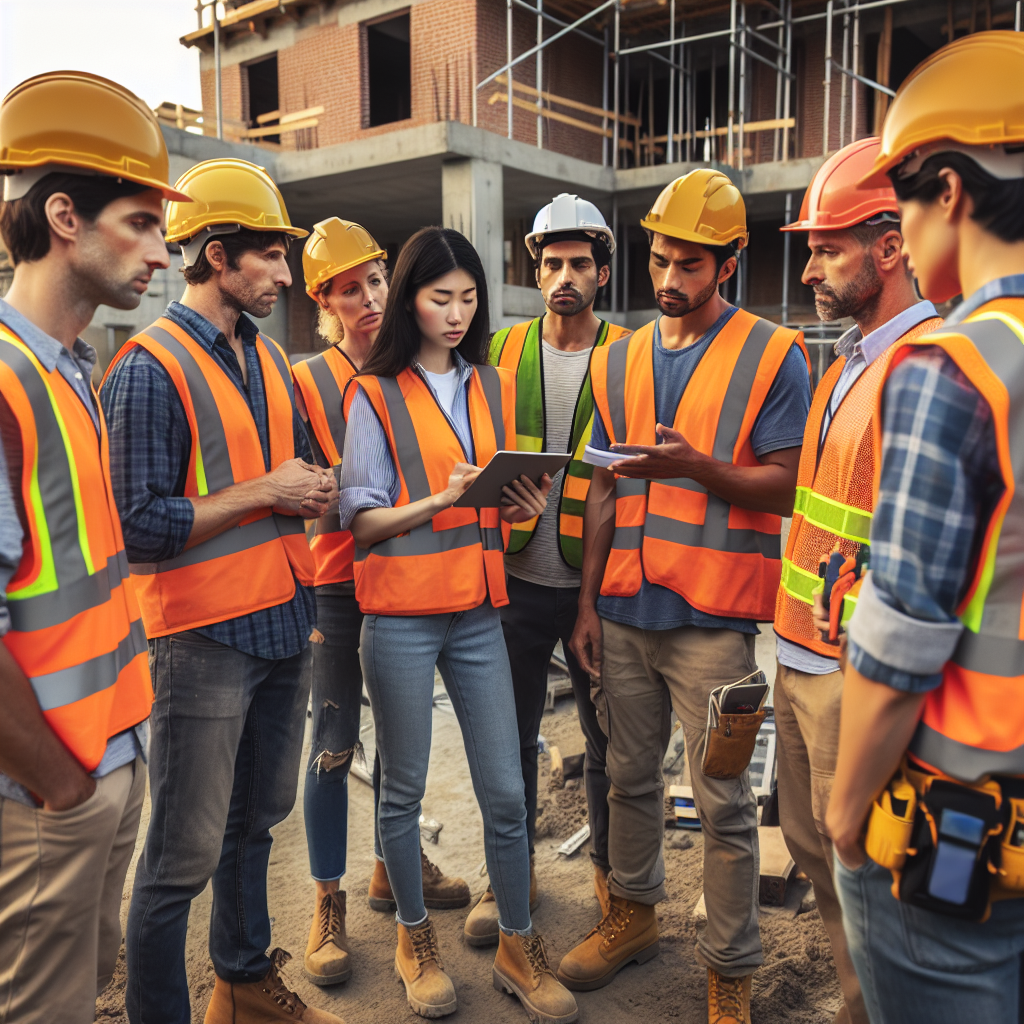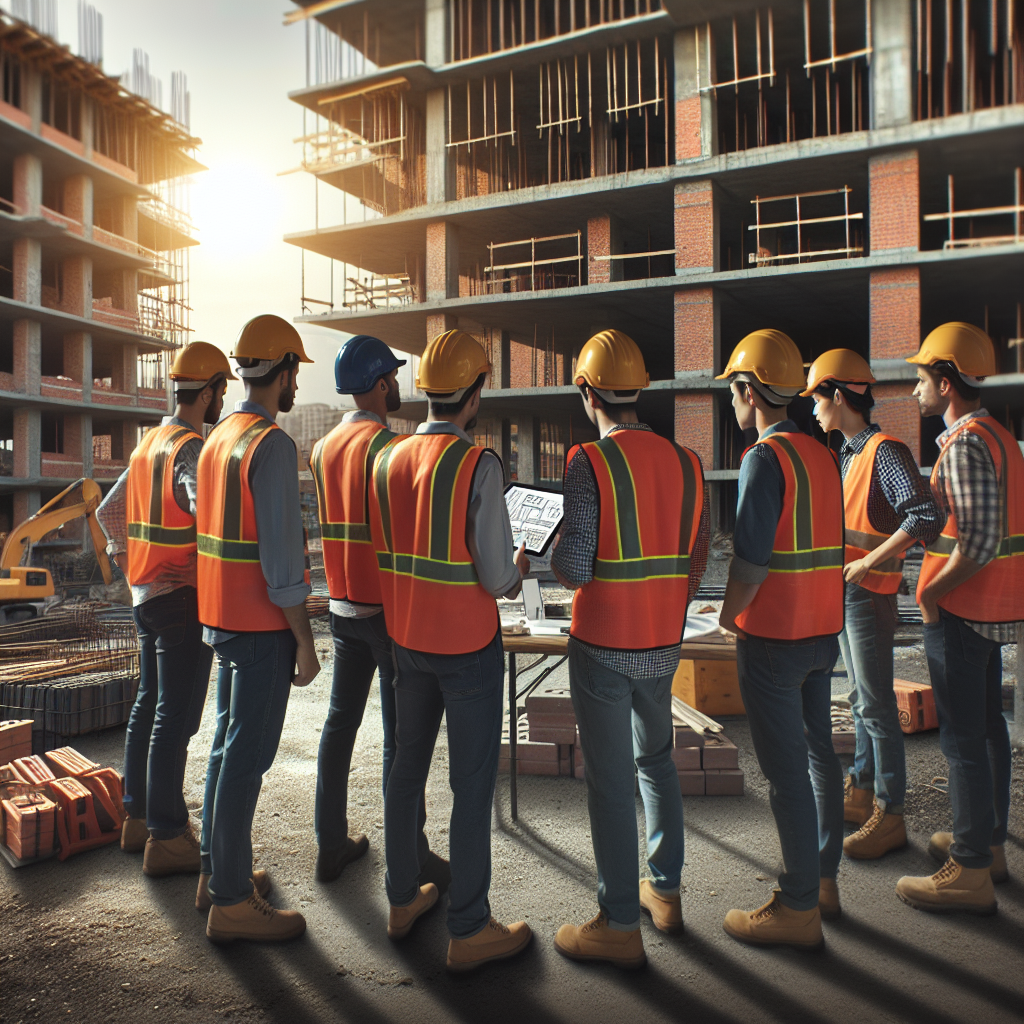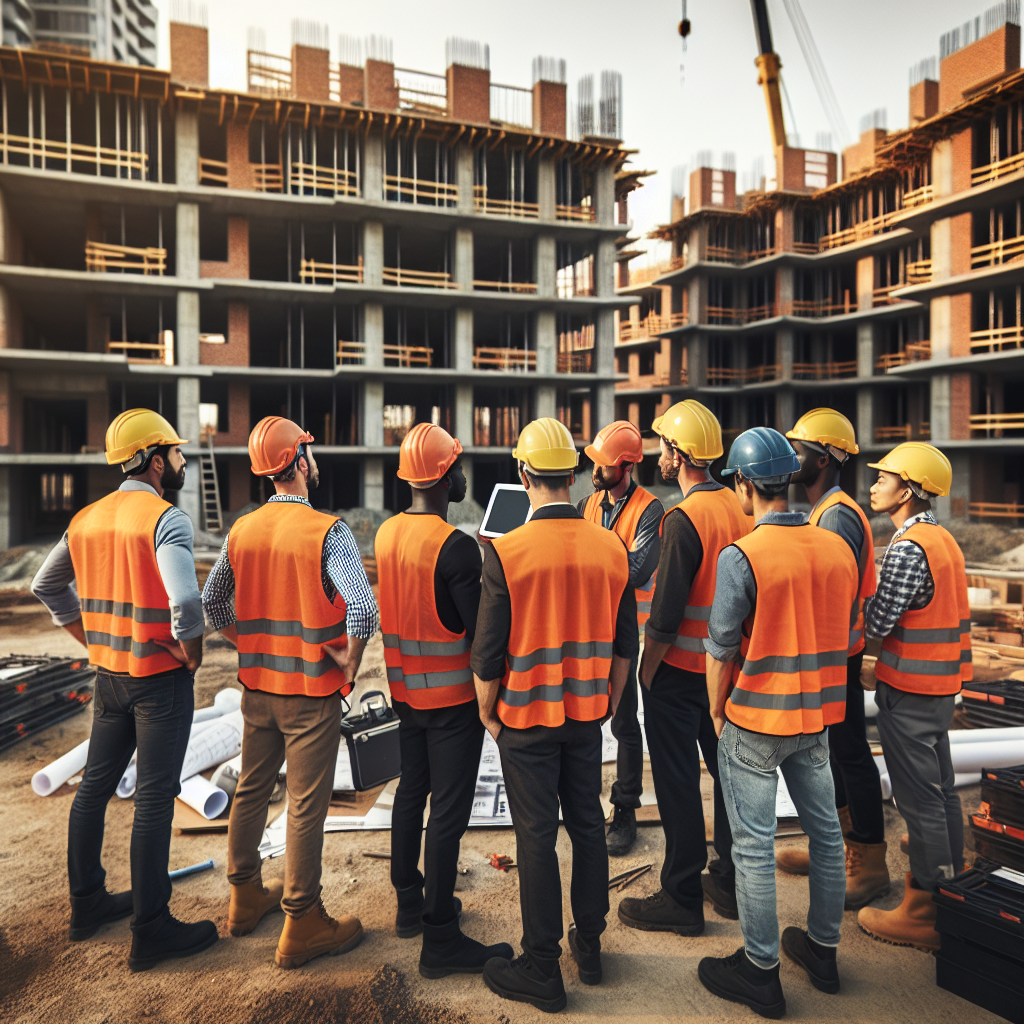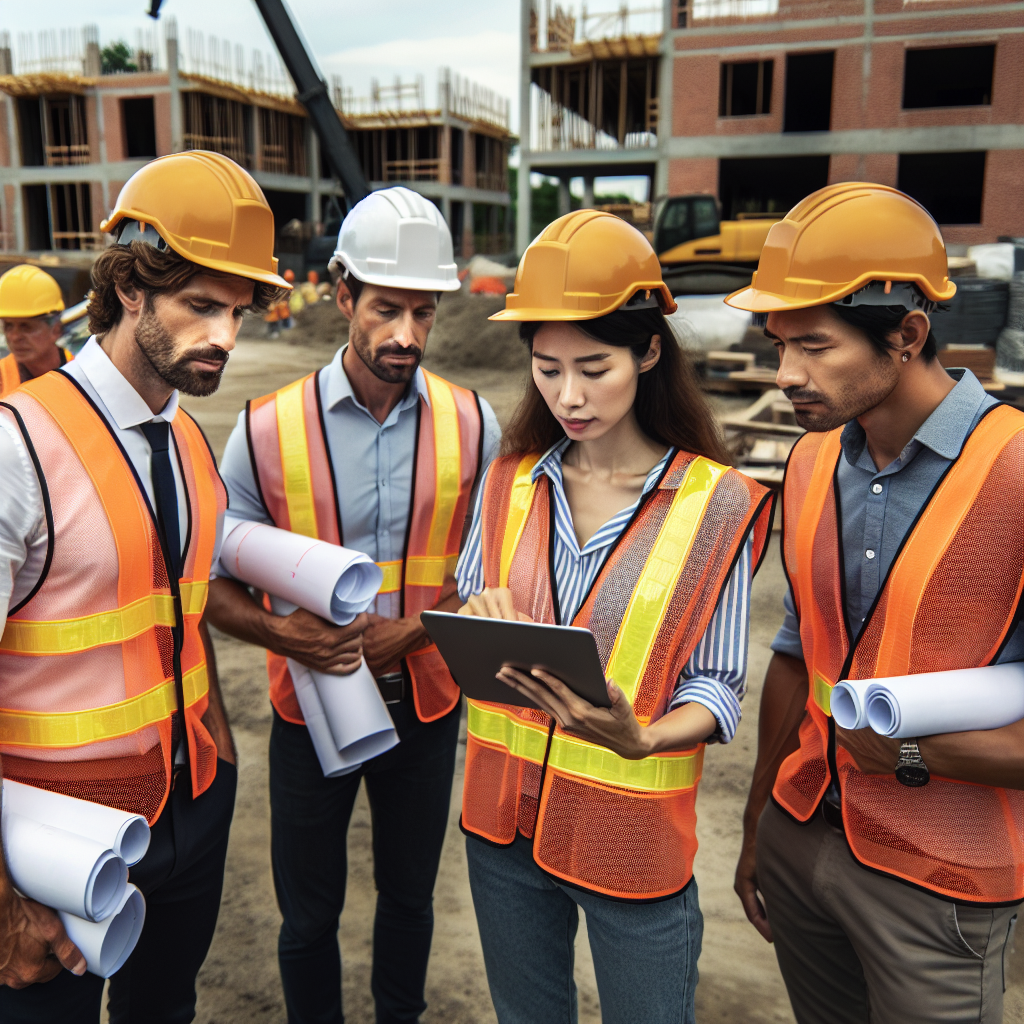The Future of Jobsite Management: AI and Real-Time Data
The future of jobsite management is being revolutionized by the integration of Artificial Intelligence (AI) and real-time data. These technologies are transforming the construction industry by enhancing productivity, reducing costs, and improving safety.
Artificial Intelligence (AI) in Construction
One of the most compelling innovations in the construction sector is the application of AI in construction. This technology is not just a trend; it offers substantial benefits that can redefine how projects are managed and executed. One primary advantage is predictive analytics, enabling project managers to foresee potential cost overruns and identify schedule risks before they escalate. Predictive models rely on historical data to visualize realistic timelines, informing managers early of potential issues.
Additionally, AI tools for construction automate data analysis processes, examining vast amounts of information from requests for information, open issues, and change orders. This capability ensures that critical items garner the attention they require promptly. Furthermore, AI-driven generative design streamlines the building design process, thus reducing both time and costs traditionally associated with consultations and modifications.
In parallel, safety monitoring systems powered by AI can track real-time interactions of workers and machinery, providing immediate alerts to supervisors about potential safety issues or construction errors. This proactive risk management approach enhances overall site safety, a critical concern in the construction industry.
Real-Time Data in Jobsite Management
Real-time data is another pillar supporting the future of jobsite management. The benefits of real-time construction project data cannot be overstated. It facilitates enhanced decision-making, allowing for quick and informed choices based on the most current project insights. This immediacy ensures that project managers can allocate resources more effectively, modify timelines as needed, and respond to emerging problems swiftly.
Moreover, real-time data is an asset in controlling costs. With prompt identification of cost overruns or budget deviations, project managers can make adjustments before falling victim to unexpected expenses. The ability to glean actionable insights from construction financial management tools in real-time optimizes productivity, streamlining workflows and enhancing resource allocation, which collectively drives up efficiency.
Real-time reporting systems enhance safety compliance by quickly alerting teams to issues, reinforcing the commitment to maintaining a secure jobsite. All these aspects culminate in an environment where productivity, safety, and cost-effectiveness are prioritized.
Benefits and Use Cases of AI and Real-Time Data
Productivity and Efficiency
Employing AI and real-time data can significantly enhance labor and resource optimization. These technologies facilitate better planning around the distribution of labor and machinery across jobsites. As a result, projects are more likely to stick to their schedules while achieving peak efficiency in resource use. Automated site monitoring, through mechanisms such as drones equipped with AI, empowers managers to capture 3D scans of construction sites autonomously and monitor progress effectively.
Cost Management
Predictive costing is another benefit realized through the integration of AI. By considering variables like project size, contract type, and the competency of project managers, AI can forewarn construction stakeholders of possible cost overruns. This means proactive cost management strategies can be employed, helping to sidestep unforeseen expenditures.
Furthermore, construction financial tracking software that harnesses real-time data enables immediate recognition of budget deviations, allowing timely adjustments and maintaining financial discipline throughout the project lifecycle.
Safety and Risk Management
The availability of real-time safety alerts through AI systems can’t be overlooked. By continuously monitoring worker activities, these systems can provide immediate notifications to supervisors about any safety issues, further reducing the risk of accidents. Simultaneously, AI solutions can assist in risk prioritization for subcontractors, guiding construction managers to focus on mitigating the most pressing risks.
Emerging Innovations in Jobsite Management
Integration of BIM and Real-Time Data
One of the exciting advancements is the integration of Building Information Modeling (BIM) with real-time data, creating a dynamic duo that enhances project management capabilities significantly. This integration results in a comprehensive and up-to-date digital blueprint of construction projects, ensuring that team members stay aligned and informed, thus minimizing mistakes and enhancing project coordination.
Use of Drones and Autonomous Vehicles
Drones equipped with AI now provide accurate surveying capabilities and aerial imaging of jobsites, enabling project managers to gain valuable insights about site conditions. Additionally, autonomous vehicles can perform functions like dozing and drilling, which enhances efficiency in various construction tasks while alleviating labor requirements in specific scenarios.
Wearable Sensors and IoT
The deployment of wearable sensors and IoT devices offers robust safety tracking and automation solutions. For instance, sensors can monitor the locations of workers and alert management in case of slips or falls. The integration of IoT further takes automation to the next level, seamlessly tracking interactions among workers and machinery and thereby enhancing both productivity and safety.
Best Practices and Recommendations
Adoption of AI and Real-Time Data
To capitalize on the benefits of AI and real-time data, construction firms must invest in training their teams on these new tools. This investment empowers employees to make informed, sound decisions and solve problems more efficiently. Moreover, selecting the right technology is paramount; decision-makers should focus their investments on AI solutions that align with their company’s unique operational needs, maximizing potential impacts.
Collaboration and Transparency
Lastly, prioritizing collaboration and transparency through real-time data can foster trust among clients and project teams. Clients benefit from access to ongoing project status and financial updates, promoting transparency. Likewise, improvements in team coordination facilitated by real-time data ensure that all members remain updated with the latest project modifications.
How Zepth Can Help
Real-Time Data Solutions
Zepth is at the forefront of providing real-time data-driven solutions that enhance decision-making, cost control, and productivity on construction sites. Their platform integrates seamlessly with BIM, delivering a comprehensive and current digital blueprint of your project, which is crucial for effective jobsite management.
AI-Powered Tools
With Zepth, construction companies can leverage AI in construction to automate data analysis, predict cost overruns, and optimize resource allocation. Their tools are designed to integrate with wearable sensors and IoT devices, thereby improving both safety and overall operational efficiency.
Resource Optimization
Utilizing Zepth’s advanced solutions allows construction firms to fine-tune labor productivity, material consumption, and equipment utilization, ultimately reducing waste while enhancing resource management.
In conclusion, the integration of AI and real-time data is revolutionizing jobsite management by improving productivity, reducing costs, and making construction sites safer. With leaders like Zepth paving the way with innovative solutions, the construction industry is poised to transition into a more efficient and technologically advanced future. For more information on how Zepth can support your construction projects, visit their website.




